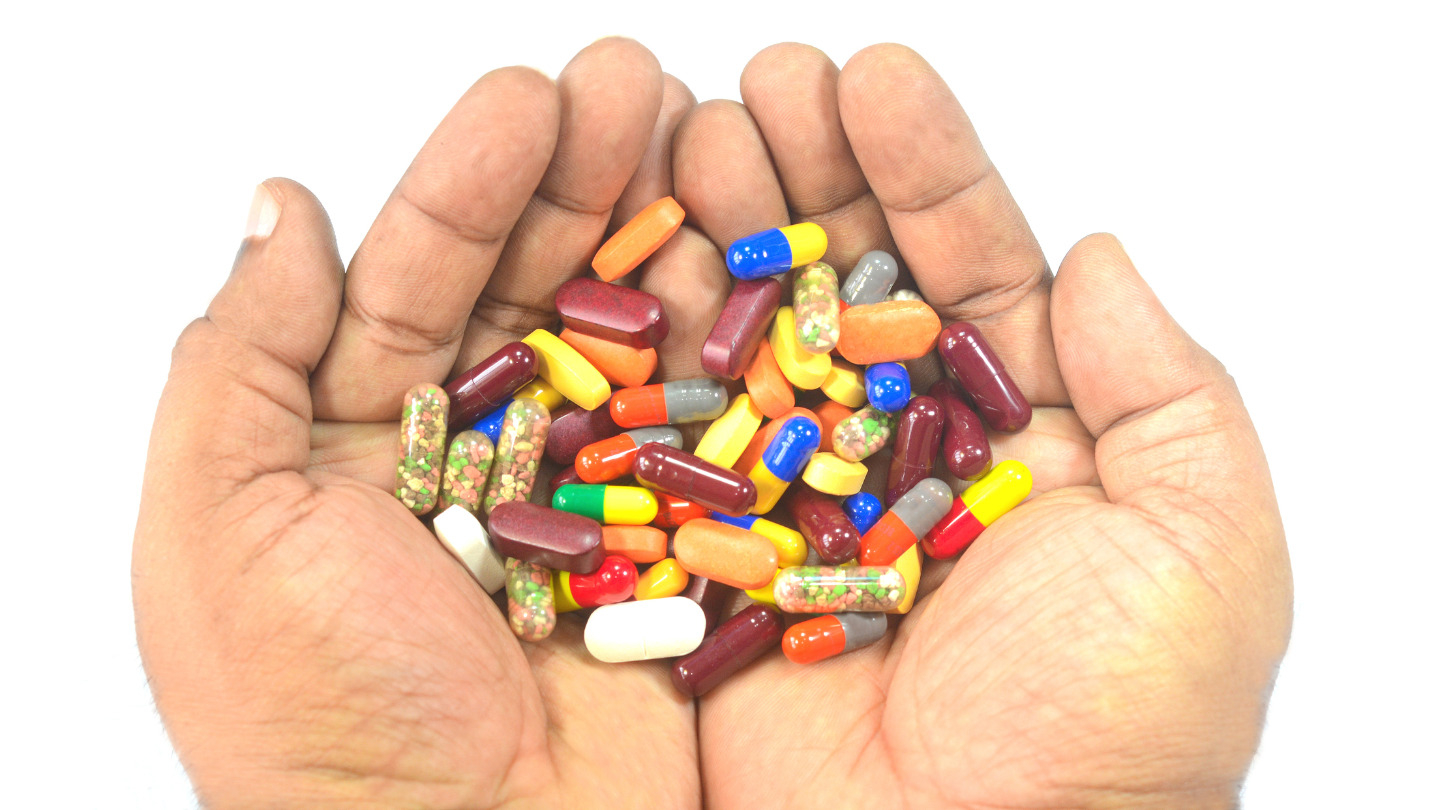Astonishingly, the vast majority of over-the-counter sports supplements do not accurately list the key ingredients they contain. In fact, a recent study published in JAMA Network Open revealed that only 11 percent of nearly 60 tested dietary supplements contained the stated ingredients in the correct quantities. Even more concerning is the fact that 40 percent of these supplements didn’t contain any detectable amount of the advertised ingredients at all.
Primary care doctor Pieter Cohen from Cambridge Health Alliance in Somerville, Mass., expressed his disbelief, stating, “It’s incredible that in 40 percent of the products, the manufacturer doesn’t even bother putting any [of the ingredient] in.”
The study, conducted by Cohen and his colleagues, analyzed 57 sports supplements that claimed to contain stimulants or muscle-builders such as R. vomitoria, methylliberine, halostachine, octopamine, or turkesterone. Shockingly, only 34 of these supplements actually contained the claimed ingredient. Even among those that did contain the ingredient, only 6 had the correct amount, while the remaining 28 had wildly inaccurate quantities ranging from 0.02 percent to 334 percent of the labeled quantity.
Dietitian and epidemiologist Luis Rustveld from Baylor College of Medicine in Houston expressed his concern over these findings. He highlighted the fact that some individuals may be especially sensitive to these ingredients, unknowingly consuming a much higher quantity than intended.
In addition to the issue of inaccurate labeling, Cohen’s team also discovered that seven of the tested products contained forbidden compounds as identified by the U.S. Food and Drug Administration. This is not a new problem, as scientists have previously uncovered hundreds of supplements tainted with potentially harmful drugs.
Unlike prescribed medications, dietary supplements do not undergo FDA approval before hitting store shelves. However, the FDA does require supplements to contain the ingredients listed on the label. Patricia Deuster, a nutrition specialist at the Uniformed Services University, emphasized that just because a supplement is available for purchase does not guarantee its safety, effectiveness, or accuracy in ingredient listing. Deuster suggested seeking assistance from third-party organizations like NSF, BSCG, and USP, which analyze supplements and provide their stamp of approval. Consumers can also refer to an online scorecard developed by the U.S. Department of Defense to evaluate the quality of their supplements.
When deciding whether to buy a supplement, Cohen advised exercising extreme skepticism. Rustveld echoed this sentiment, cautioning that claims such as “burning fat” or “improving performance” should be met with skepticism, as they often turn out to be false.
Denial of responsibility! TechCodex is an automatic aggregator of the all world’s media. In each content, the hyperlink to the primary source is specified. All trademarks belong to their rightful owners, and all materials to their authors. For any complaint, please reach us at – [email protected]. We will take necessary action within 24 hours.

Jessica Irvine is a tech enthusiast specializing in gadgets. From smart home devices to cutting-edge electronics, Jessica explores the world of consumer tech, offering readers comprehensive reviews, hands-on experiences, and expert insights into the coolest and most innovative gadgets on the market.


